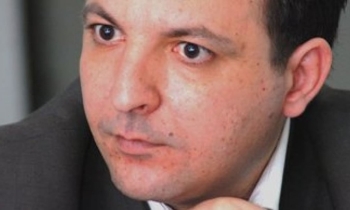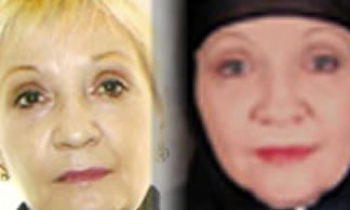A new French law criminalises the filming or broadcasting of acts of violence by people other than professional journalists. The law could lead to the imprisonment of eyewitnesses who film acts of police violence, or operators of websites publishing the images, Reporters sans Frontières (RSF) warned Wednesday.

“The sections of this law supposedly dealing with ‘happy slapping’ in fact have a much broader scope, and posting videos online showing violence against people could now be banned, even if it were the police who were carrying out the violence,” RSF said.
“We make no assumptions about the government’s intentions and we recognise the need to prevent the spread of ‘happy slapping,’ but this law introduces a dangerous distinction between professional journalists, allowed to disseminate images of violence, and ordinary citizens, who could be jailed for the same thing,” it said. “It is particularly regrettable that the law would forbid the online distribution of images showing acts of violence by the security forces.”
The law on the prevention of criminality, which was adopted on February 13, was referred to the constitutional council by the socialist group in parliament. The referral did not specifically concern the section dealing with “happy slapping”. “Happy slapping” is a physical attack on a person carried out with the aim of obtaining a video recording of the attack, circulated by mobile phone or posted on the Internet.
The law provides for sentences of up to five years in prison and fines of €75,000 for disseminating images concerning the offences listed in certain sections of the criminal code. These offences range from acts of serious violence (“torture” and “acts of barbarity”) to ordinary physical attacks. One of these articles concerns violence “committed by an agent of the state in the exercise of his duties.”
The law specifies that the ban “is not applicable when the recording or dissemination is the result of the normal exercise of a profession whose purpose is to inform the public or if it is carried out with the aim of serving as judicial evidence.”
The law, proposed by Minister of the Interior Nicolas Sarkozy, is intended to clamp down on a wide range of public order offences. During parliamentary debate of the law, government representatives said the offence of filming or distributing films of acts of violence targets the practice of “happy slapping,” in which a violent attack is filmed by an accomplice, typically with a camera phone, for the amusement of the attacker’s friends.
According to RSF, all Internet users are now in a position to participate in the creation and dissemination of information. They are often the “recorders” of an event, especially thanks to mobile phones with photo and video capability, and can disseminate their own content online.
These “citizen journalists” can play a role in monitoring the activities of the authorities throughout the world. In Egypt, for example, bloggers recently revealed a series of scandals involving the security services and showed, by means of video recordings made clandestinely in detention centres, that torture is still regularly practised in Egypt.
In the field of human rights, it is they and not professional journalists who have been responsible for the most reliable reports and information — the information that has most upset the government. RSF said it would be shocking if this kind of activity, which constitutes a safeguard against abuses of authority, were to be criminalised in a democratic country.









